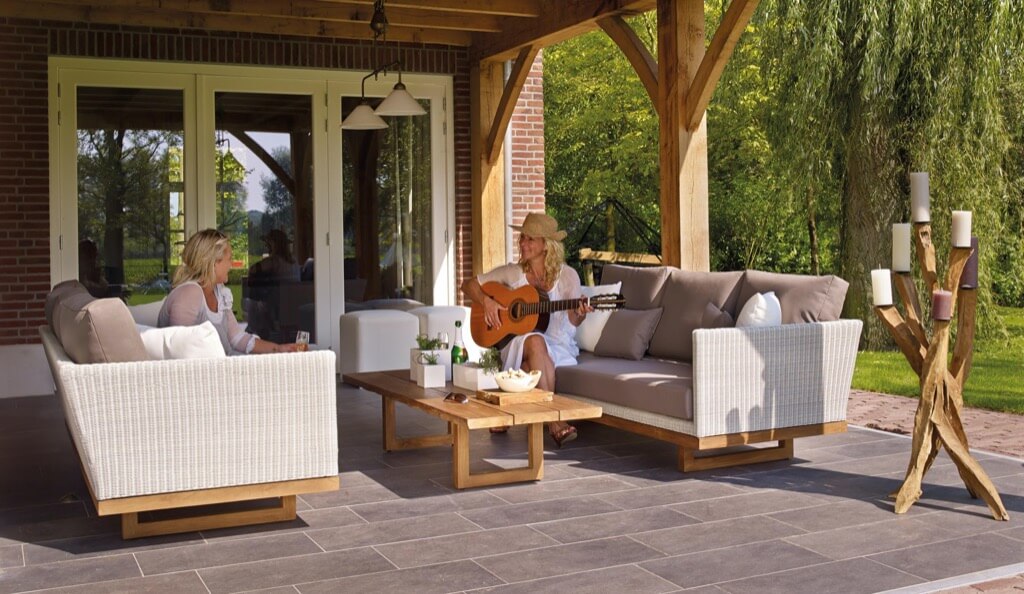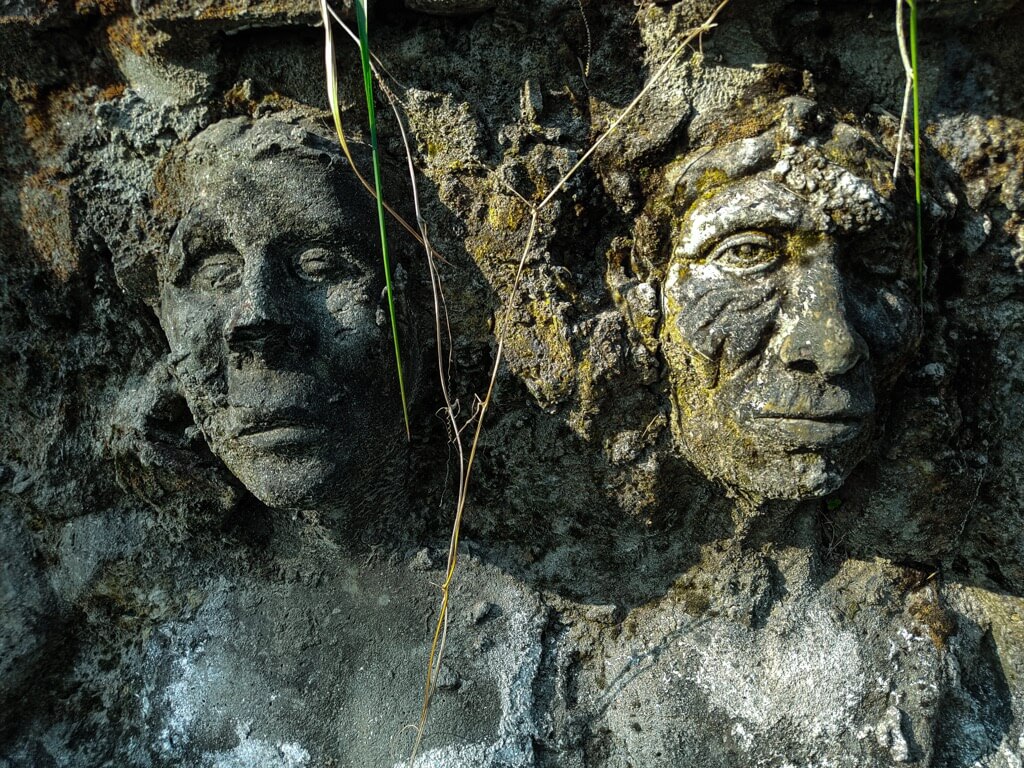Airbnb or Hotels: Where Does the Value Truly Lie?
With Airbnb taking the hospitality industry by storm, many are left wondering whether this novel concept of accommodation truly stands up against the tried and true hotel experience. So, let’s dive right in and understand how these two giants measure up in terms of experiences, costs, and their impact on local economies.
Your Experience: From Personal Touches to Standardized Luxury
Airbnb offers travelers the chance to immerse themselves in local cultures. Rather than just visiting a place, you can live there – even if just for a few nights. This lends an authentic touch, often with local hosts eager to share insider knowledge on hidden gems that may not be in any travel guide. On the flip side, traditional hotels provide a sense of predictability. There’s a standardized service, amenities on tap, and a professional team to cater to your every need.
Digging Into Your Wallet: Cost Comparisons
Airbnb properties can often be more affordable than hotels, especially if you’re traveling in a group and can split the cost of a multi-room property. They also offer the added advantage of kitchen facilities, allowing you to save on meals. However, hidden costs like service fees and cleaning charges can sometimes lessen the price difference. Hotels, with their bulk booking rates, loyalty programs, and inclusive amenities like free breakfast or airport shuttles, can at times offer more bang for your buck, especially during off-peak seasons.
The Ripple Effect on Local Economies
The rise of Airbnb has spurred debates around its impact on local housing markets and economies. While Airbnb hosts earn directly and can reinvest in their communities, there have been concerns about the platform driving up rental prices in popular areas. On the other hand, hotels, especially local establishments, have been the backbone of tourism in many areas for decades. They provide stable employment and often source goods and services locally. However, with large hotel chains, profits might not always stay in the community, but could instead flow to international headquarters.
Navigating Regulations and Legalities
One cannot discuss Airbnb without touching on the legal challenges and regulations it faces in various regions. Many cities around the globe have imposed restrictions on short-term rentals, citing concerns about housing shortages and neighborhood disruptions. This means, depending on your destination, your Airbnb stay might be operating in a gray zone. Hotels, typically, have clear regulations and pay local taxes that support community infrastructure.
Environmental Considerations
With the global push towards sustainability, it’s worth noting the environmental footprint of your stay. Airbnb properties might not adhere to the same environmental standards as some eco-friendly hotels, which invest in sustainable practices from waste management to energy-saving measures. However, staying in a local home that doesn’t cater to masses might, in some cases, have a smaller carbon footprint than large hotel establishments.
A Bite into the Local Economy: Airbnb’s Hand in Dining Out
While Airbnb might seem like just another way to find a place to stay, its ripple effects on the local economy, especially the culinary scene, are quite noticeable. Research points to Airbnb playing a substantial role in bolstering restaurant revenue, with a noteworthy contribution of approximately 12% to the median annual growth rate of these establishments. The rationale behind this significant spike? It’s simple. The platform brings in a wave of non-local travelers who are keen to satiate their taste buds with local flavors, amplifying demand for neighborhood eateries.
The Housing Equation: Decoding Airbnb’s Real Estate Impact
Switching gears to the domain of housing, Airbnb’s influence paints a slightly more intricate picture. There’s no denying that Airbnb has revolutionized short-term rental markets, especially in regions that aren’t predominantly occupied by homeowners. Think of those picturesque vacation towns where short stays are more the norm than long-term commitments. Here, Airbnb has augmented the short-term rental spectrum, catering to tourists and wanderlusters. But, this has a flip side. By doing so, Airbnb might be inadvertently squeezing the availability of long-term rental options in such locales. This supply-demand tussle has potential repercussions, with housing prices and rents witnessing fluctuations.
Personalizing Your Stay: The Evolution of Experience
In the coming years, one can anticipate Airbnb continuing to edge out its niche in offering unique, tailored experiences for travelers. Unlike the standardized services of traditional accommodations, Airbnb gives you the chance to immerse yourself fully in local cultures, living like an inhabitant rather than just a visitor. As people increasingly prioritize authentic experiences over mere sightseeing, platforms like Airbnb could see even more growth. If you’re someone who cherishes personalized experiences, this shift is something to keep an eye on for your future travels.
Counting the Costs: Where Your Wallet Feels Heavier
One significant differentiator between Airbnb and traditional accommodations has always been the cost. Typically, Airbnb offers competitive prices, especially for longer stays or group travels. However, as the platform’s popularity surges, there might be a gradual increase in prices, bridging the cost gap with hotels. For your future trips, it might be helpful to do a comparative cost analysis to ensure you’re getting the best bang for your buck.
The Local Pulse: Impact Beyond Tourism
Beyond the immediate realm of tourism, the growing dominance of Airbnb could have more profound effects on local economies. As previously discussed, restaurants and local businesses could see a boost. However, it’s also essential to factor in potential job losses in the traditional hotel sector or the complexities surrounding local housing markets. If you’re considering becoming an Airbnb host, it could be beneficial to understand this dynamic and its broader economic ramifications.
A Balancing Act: Harmonizing Platforms and Traditional Stays
While Airbnb offers a plethora of options and a more homely feel, traditional accommodations still hold their ground with reliability, standardized services, and often, a suite of amenities like gyms, spas, and in-house dining. As both domains evolve, we might witness a harmonization of sorts. Traditional hotels might start integrating more localized experiences, while Airbnb could venture into offering standardized amenities. For you, this means a richer selection to choose from, ensuring your stay, be it business or leisure, aligns perfectly with your needs.
We invite you to share your personal experiences and thoughts on this topic. Every perspective adds a new layer to the conversation, helping us all make more informed choices in our future travels. So, whether you’re team Airbnb or a staunch hotel enthusiast, let’s continue this enlightening journey of understanding together, one shared story at a time.

Contrary to popular belief, bonsai didn’t sprout from China’s bonsai but from the Japanese interpretation…

Crafting, DIY projects, and art offer a gateway to learning new skills that are not…

If you’ve ever mistakenly substituted salt for sugar or watched your soufflé sink into oblivion,…




